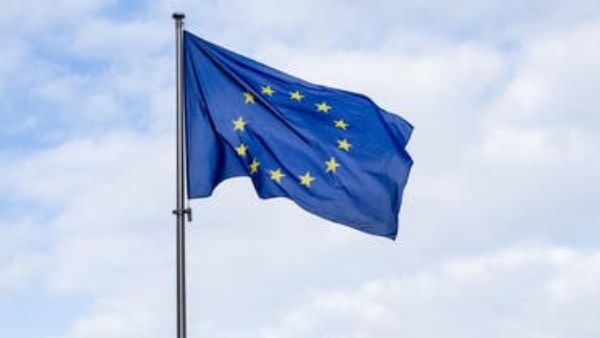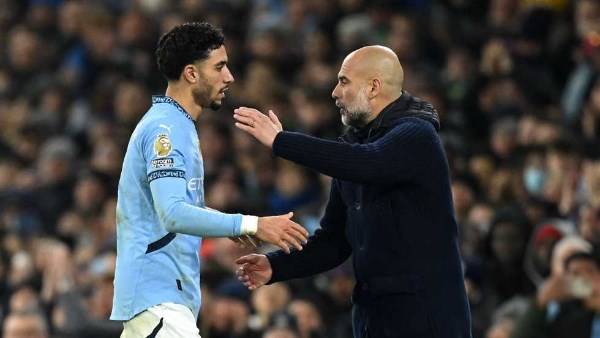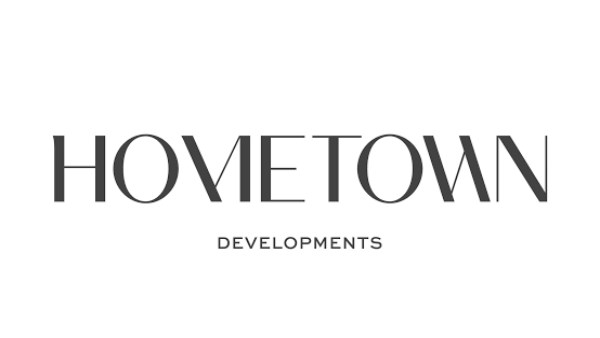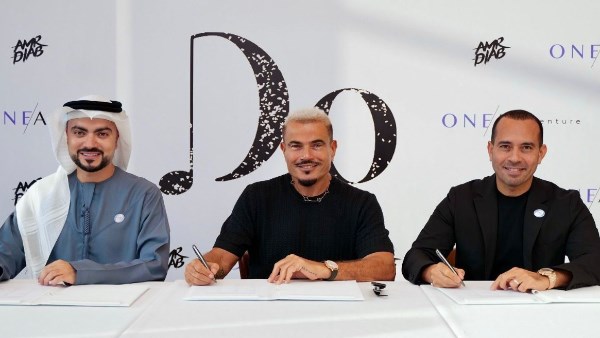U.S. President Donald Trump has repeatedly pledged to impose tariffs on goods imported from the European Union
‘Let sense prevail’: European CEOs still hope to avoid a U.S. trade war

European business leaders have broadly sought to downplay concerns about the prospect of a transatlantic trade war at this week’s World Economic Forum in Davos.
U.S. President Donald Trump has repeatedly pledged to impose tariffs on goods imported from the European Union, prompting the bloc to warn that it stands ready to respond to additional duties “in a proportionate way.”
Speaking to reporters earlier in the week, the newly inaugurated U.S. president said the EU has been “very, very bad to us. So, they’re going to be in for tariffs. It’s the only way … you’re going to get fairness.”
His comments came as the Trump administration also considers imposing an additional 10% tariff on goods imported from China, potentially starting as early as next month.
For business leaders attending the annual WEF meeting in Switzerland, the reaction to Trump’s tariffs threats has been decidedly mixed.
JPMorgan Chase CEO Jamie Dimon on Wednesday said that the duties Trump is expected to slap on U.S. trading partners can be viewed positively, touting that people should “get over it.”
UBS CEO Sergio Ermotti, meanwhile, warned that interest rates were not likely to fall as fast, if U.S. tariffs stoke inflation.
Tariff-proof
Siemens CEO Roland Busch described the German industrial giant as “tariff-proof,” amid fears of a U.S.-EU trade war.
Asked about concerns over how the tariffs could impact his business, Busch said Siemens was a “global company” that already has a relatively large presence in the U.S.
“We are very much [serving] local to local, same for other regions, for China [and] for Europe,” Busch said.
Siemens chief executive cited the firm’s roughly $10 billion acquisition of U.S. engineering software firm Altair, saying the company has recently been expanding its U.S. footprint.
“On the other side, tariffs normally they increase inflation by definition, so it doesn’t really help. So, I think the idea would be what can we do, what kind of deals to make in order to really reduce the trade tariffs to the minimal level,” Busch told CNBC.
“Free trade and low tariffs, I think, is really a driver for growth,” he added.
‘Tariffs are not helping global trade’
The chief executive of Danish wind turbine manufacturer Vestas on Thursday said that the idea that tariffs will bring the world to a better place is “at least a new theory to many of us.”
Vestas’ Henrik Andersen also warned that additional duties on imported goods will likely create an inflation risk.
Asked about the prospect of trade tariffs in Europe and the souring regulatory environment for green energy in the U.S., Vestas’s CEO told CNBC: “I think to both, I will say, let sense prevail.”



















